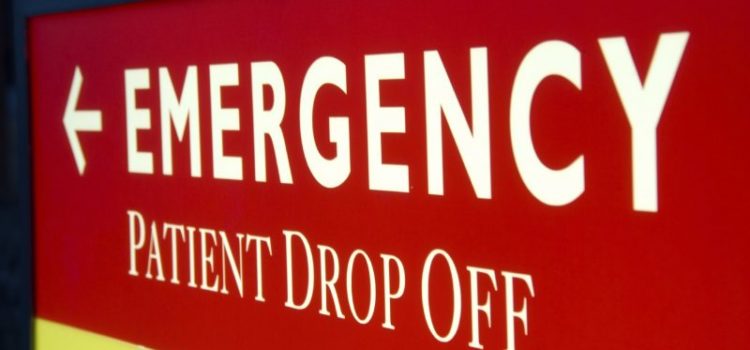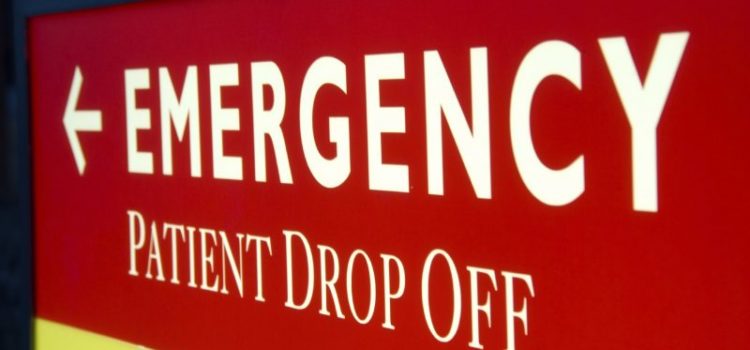When an urgent care physician suggests that a patient see another clinician for follow-up care, patients usually take that advice, according to a study by the Uniersity of Minnesota and Urgent Care Partners. In fact, 66% not only took the doctor’s advice to seek further care, but went to the specific provider recommended (though a specific provider was recommended just 21% of the time). Overall, 76% of patients who were told to seek follow-up care …
Read More









